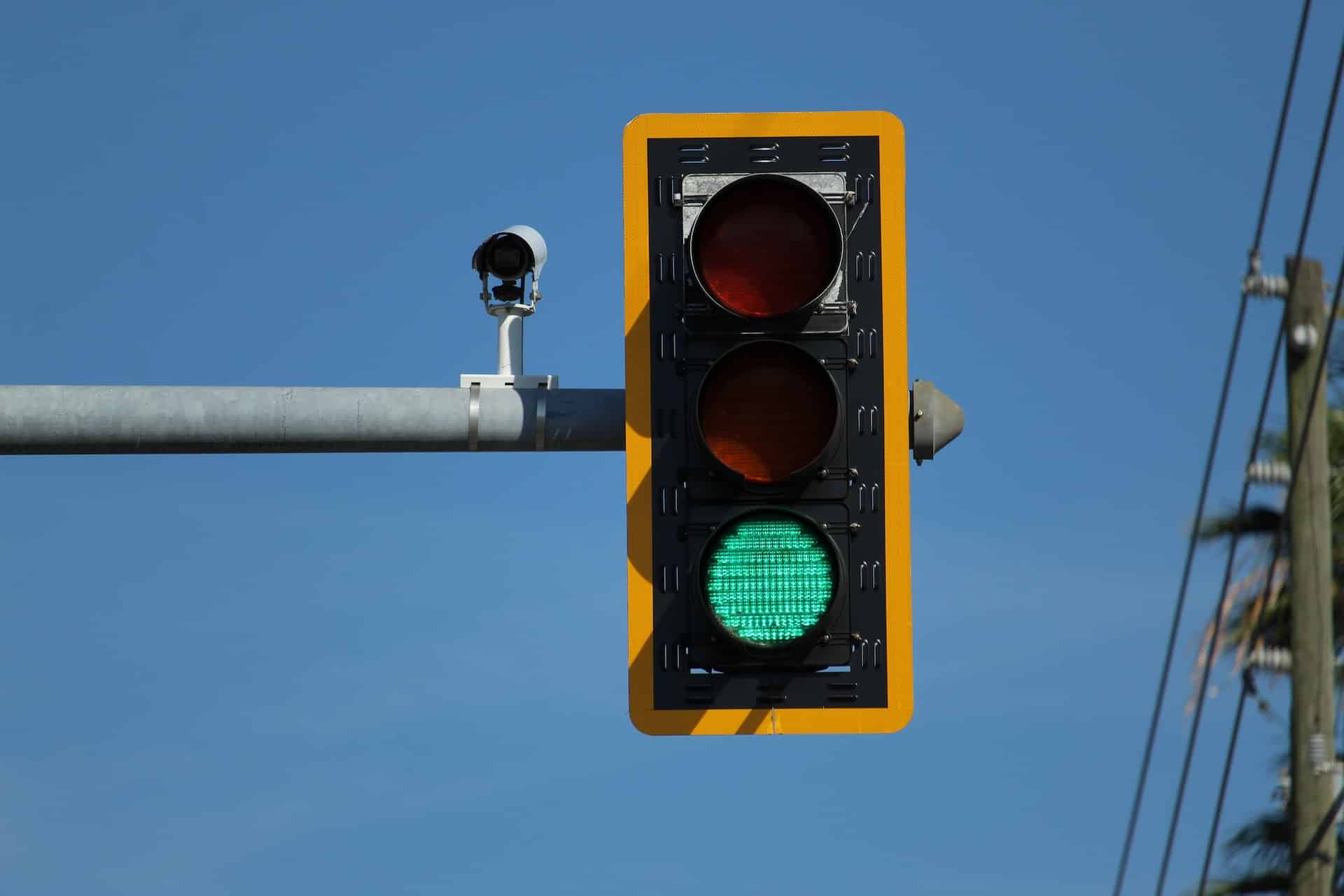
28 Aug Arizona’s Photo Radar Tickets: Do You Really Have to Pay?
Receiving a traffic ticket is never a pleasant experience, especially when it arrives through automated means like photo radar. Speed cameras are completely legal in Arizona, but you might have heard that you can safely ignore photo radar tickets when you get them. However, that’s simply bad advice. Photo radar tickets are entirely enforceable in Arizona. But if you believe you were cited unjustly, you do have the option to fight it.
What Are Photo Radar Tickets?
Also known as the Red Light Camera Enforcement Program, photo radar tickets are generated by a network of traffic cameras that take photos of vehicles under certain conditions. They will snap a photo if their sensors detect motion during a red light. They also take a photo when they sense anything over the speed limit.
This program was started to help reduce the number of urban accidents. Studies have shown that this initiative has been successful. However, the cameras are undiscriminating and sometimes issue citations for seeming violations where the driver was actually within the scope of the law.
How Long Does It Take to Get a Photo Radar Ticket in Arizona?
There are two ways you can receive a ticket for a traffic violation caught on photo radar. The county may either mail or serve ticket. According to Arizona law, the county has 60 days from the violation date to file the citation with the courts. After the filing date, they have an additional 90 days to serve you a citation.
Do You Have to Pay a Photo Radar Ticket?
Mailed Tickets
If you receive a notice of a traffic violation in the mail, there are a few things you need to know right away. First, unless it was the court that sent and filed the notice, it is not a certified court document. This means you legally do not need to identify anyone in the photo or respond to the notice in any way.
The photo radar company can impose fees if the fines are not paid by a certain date. However, they are not enforceable unless filed by the county court. So you may ignore the notice and cross your fingers that the county does not move on to serving you the ticket.
Served Citations
Your odds of being served with a ticket depend mostly on the area—some counties are more aggressive than others. In order to serve a citation, the courts must file the violation and employ a process server to hand the citation over. They can either serve you personally or serve someone of “reasonable age” in the household (14 years or older).
Because the court has 90 days to serve a violation notice, it is often recommended that you do nothing until you get served. If they fail to serve the citation, then you do not need to pay the fine.
However, many counties are employing alternative service methods. A court order allows the process server to get the documents certified and tape them to your door, or leave them at your address in plain view.
What Happens If You Ignore a Photo Radar Ticket in Arizona?
Failure to respond to a served violation can result in a license suspension. Driving with a suspended license can cause you more trouble down the line, including 6 months in jail and a fine of $2,500. Basically, you have two options: you can pay the ticket or fight it in traffic court.
Whether you choose to fight it or not depends entirely on you. If you feel like you wrongly received a ticket and have the evidence to prove it, you can dispute the citation. But oftentimes, the cost of fighting a ticket can wind up costing you more than the ticket itself.
Traffic Offense Attorney in the Phoenix Area
There are many different ways to go about handling a photo radar ticket. If you are facing a license suspension, have a commercial driver’s license, or have multiple violations, it is a good idea to seek representation. With more than 25 years of experience in Arizona law, Todd Coolidge can help, no matter how complicated your case is. Contact our offices today to schedule a consultation.
Images used under creative commons license – commercial use (8/28/2022). Photo by Eliobed Suarez on Unsplash


